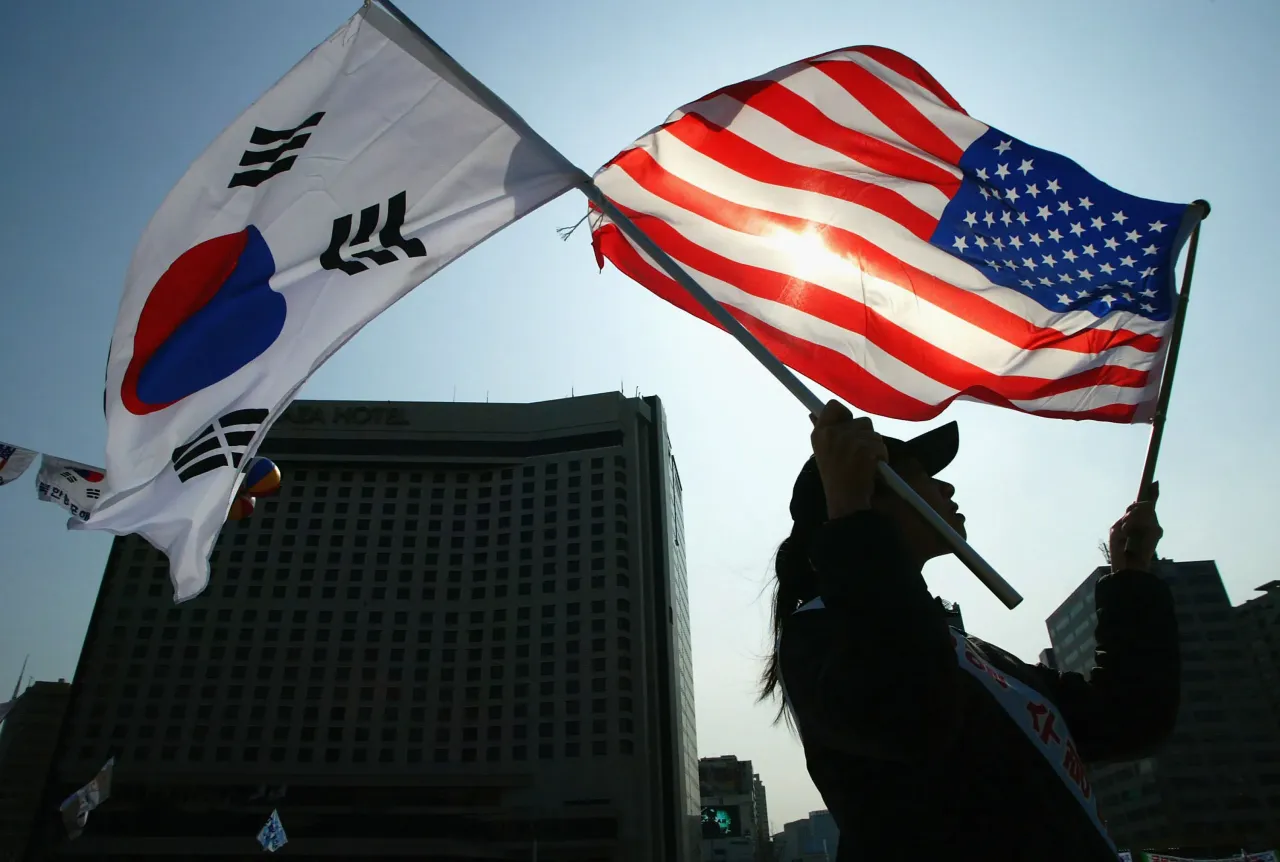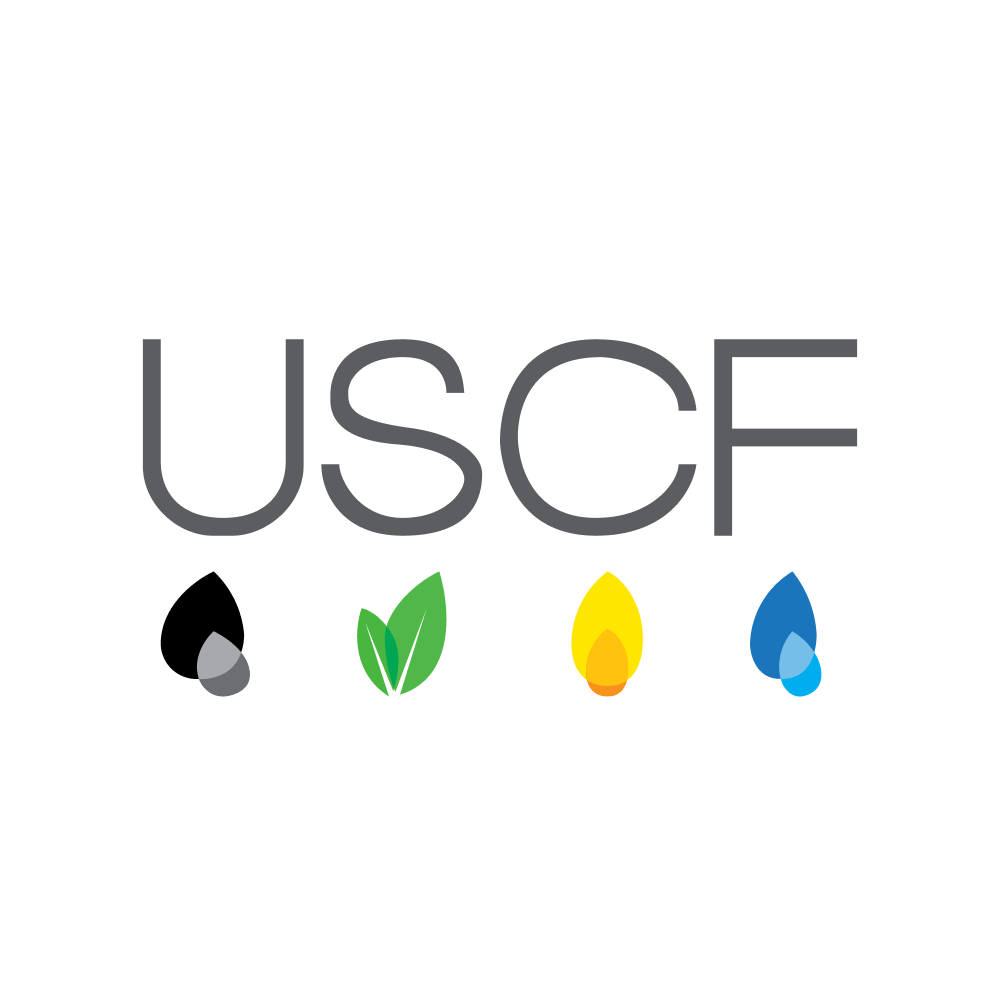Advertisement|Remove ads.
South Korea Presses US On Visa Dispute After Hyundai Plant Detentions As $350B Trade Deal, Auto Tariffs Stall

South Korea’s Trade Minister Yeo Han-koo said Friday he had pressed U.S. officials for progress in talks and called for a swift resolution of visa problems affecting Korean workers.
His comments came after more than 300 South Korean employees were detained earlier this month at a Hyundai Motor battery plant under construction in Georgia. The workers were later released and returned home.
Yeo said both sides acknowledge the gravity of the matter but refused to disclose details of the talks, describing it as a sensitive issue. “These are matters that go directly to the national interest,” he told reporters at Incheon, according to a Bloomberg report.
The talks also cover auto tariffs and the $350 billion investment package pledged under the trade deal signed in July. The accord, reaffirmed at last month’s White House summit, set a 15% tariff on Korean goods, but implementation details remain unsettled.
U.S. President Donald Trump has not signed the order lowering duties on Korean vehicles, leaving Korean automakers at a disadvantage as Japan has already secured tariff cuts under its own deal with Washington.
On Monday, ahead of his Washington meetings with U.S. Trade Representative Jamieson Greer and members of Congress, Yeo said, “We’re working hard to achieve an outcome that is reasonable and meets our national interests.” His trip followed Industry Minister Kim Jung-kwan’s meeting with U.S. Commerce Secretary Howard Lutnick.
The finance ministry said Sunday it was in talks with Washington to minimize the investment package’s impact on the onshore currency market, but declined to confirm whether this included a foreign exchange swap line.
Yeo also confirmed that South Korea does not intend to further open its agricultural market, another sticking point in the negotiations, and said outreach to U.S. lawmakers will continue.
On Stocktwits, retail sentiment was ‘bullish’ with ‘high’ message volume for both the SPDR S&P 500 ETF Trust and the Invesco QQQ Trust, while sentiment on the iShares MSCI South Korea ETF was ‘neutral’ with ‘normal’ activity.
So far this year, SPY is up 13.7% and QQQ has gained 16.8%, while EWY has surged 58.7%, sharply outperforming both U.S. benchmarks.
For updates and corrections, email newsroom[at]stocktwits[dot]com.













/filters:format(webp)https://news.stocktwits-cdn.com/large_verastem_jpg_8ed70d9d9a.webp)
/filters:format(webp)https://news.stocktwits-cdn.com/IMG_8805_JPG_6768aaedc3.webp)
/filters:format(webp)https://news.stocktwits-cdn.com/large_bitcoin_with_others_OG_jpg_86ee42eaf9.webp)
/filters:format(webp)https://st-everywhere-cms-prod.s3.us-east-1.amazonaws.com/Prabhjote_DP_67623a9828.jpg)
/filters:format(webp)https://news.stocktwits-cdn.com/large_nio_jpg_4ad189441e.webp)
/filters:format(webp)https://news.stocktwits-cdn.com/large_Rigetti_resized_jpg_4e393f1208.webp)
/filters:format(webp)https://news.stocktwits-cdn.com/large_robinhood_bitcoin_OG_jpg_fbd13fff2e.webp)
/filters:format(webp)https://news.stocktwits-cdn.com/IMG_4530_jpeg_a09abb56e6.webp)
/filters:format(webp)https://news.stocktwits-cdn.com/large_iren_OG_jpg_ba842dd11a.webp)
/filters:format(webp)https://st-everywhere-cms-prod.s3.us-east-1.amazonaws.com/IMG_9209_1_d9c1acde92.jpeg)